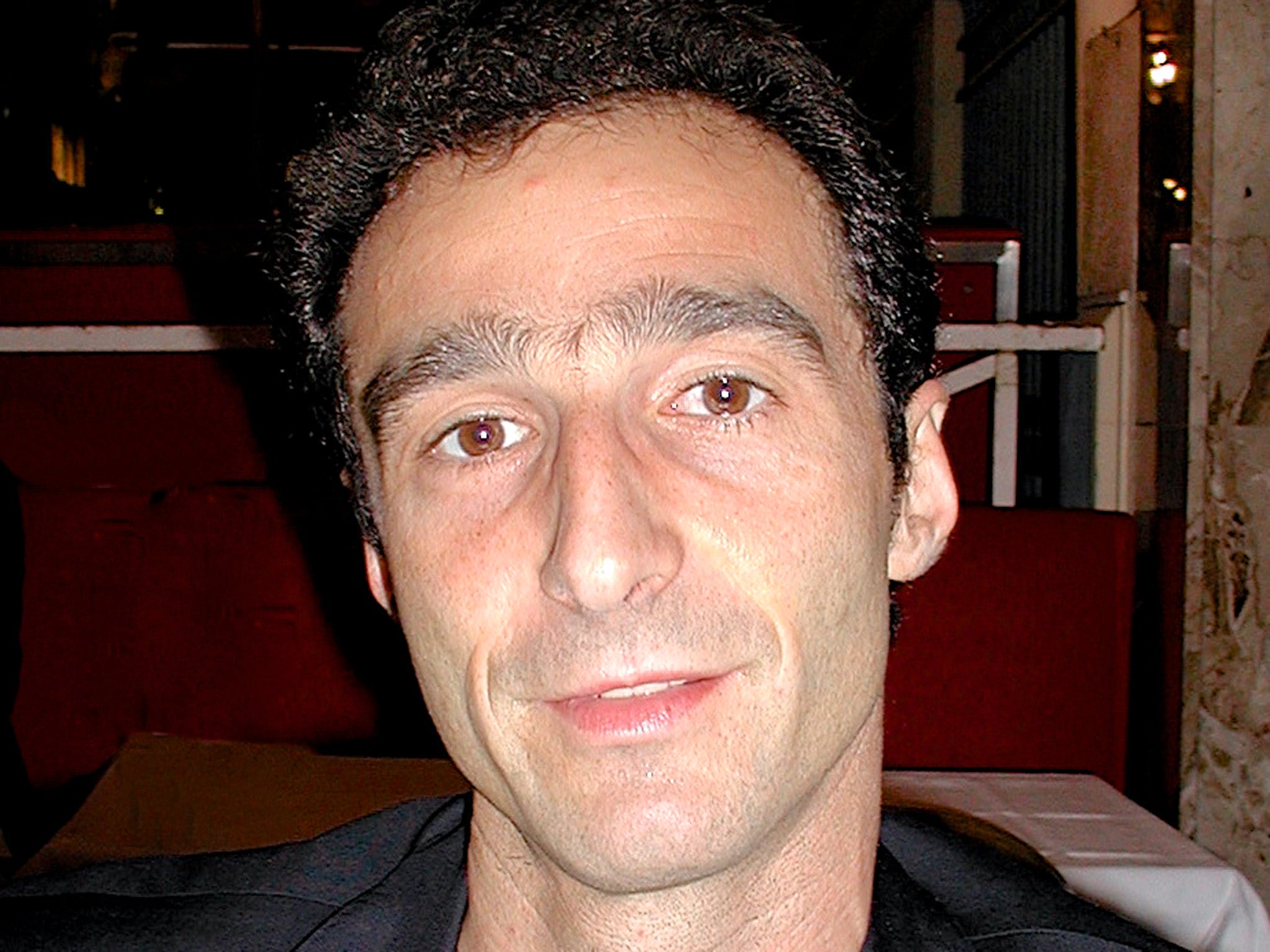Dignitas death of British father Jeffrey Spector prompts renewed debate on assisted suicide
The 54-year-old's condition was not yet considered terminal

Your support helps us to tell the story
From reproductive rights to climate change to Big Tech, The Independent is on the ground when the story is developing. Whether it's investigating the financials of Elon Musk's pro-Trump PAC or producing our latest documentary, 'The A Word', which shines a light on the American women fighting for reproductive rights, we know how important it is to parse out the facts from the messaging.
At such a critical moment in US history, we need reporters on the ground. Your donation allows us to keep sending journalists to speak to both sides of the story.
The Independent is trusted by Americans across the entire political spectrum. And unlike many other quality news outlets, we choose not to lock Americans out of our reporting and analysis with paywalls. We believe quality journalism should be available to everyone, paid for by those who can afford it.
Your support makes all the difference.The death of a father of three who is the latest Briton to end their life at the Dignitas clinic in Switzerland has provoked renewed calls for assisted dying to be legalised in Britain.
Jeffrey Spector, 54, had been diagnosed with an inoperable tumour at the base of his spinal column, but reportedly admitted in a video produced by Dignitas that he was “jumping the gun”.
Speaking of his fear that the cancer could see him paralysed from the neck down, he said his family disagreed with his decision but “accept that I have my own opinion”.
“I am a proud person, independent and self-motivated… I believe in my human right to dignity”, he said.
Momentum is building for new legislation which would allow doctors in England and Wales to prescribe life ending drugs for terminally ill people with less than six months to live.

Lord Falconer, the former Lord Chancellor, will attempt to reintroduce the Assisted Dying Bill in the next Parliament, after the proposed legislation ran out of time before the General Election.
And in Scotland, MSPs will vote on 27 May on the first stage of the Assisted Suicide (Scotland) Bill.
Yet while Mr Spector described his condition as going “downhill”, he would not have qualified for assisted suicide in Britain even under the proposed conditions sought by campaigners.
One in five Dignitas users are reportedly British, and Mr Spector’s death is likely to reignite a debate on the issue which was recently part of a high-profile campaign by the late Sir Terry Pratchett.
A spokesperson for the campaign group Dignity in Dying said: “No one should be forced to travel abroad to have the death that they want, yet sadly one Briton a fortnight is doing so in the absence of an assisted dying law in the UK.
“We know that people are doing so at a time earlier than they would have if assisted dying was a legal option in this country, due to the arduous task of traveling abroad in ill health. It cannot be right that we force people to suffer against their wishes, or to take drastic and desperate measures behind closed doors.”
But in a statement, Dr Peter Saunders, campaign director of Care Not Killing, said: “The current law making all assisted suicide illegal is clear and right. It provides a powerful disincentive to exploitation and abuse whilst giving prosecutors and judges discretion to temper justice with mercy in hard cases.”
Meanwhile, Mr Spector’s widow Elaine, 53, and daughters Keleigh, 21, Courtney, 19, and Camryn, 15, are coming to terms with their loss.
In a statement, his family spoke of their “all consuming grief” but added: “we also recognise that he is now at peace and away from the fear which surrounded him in the last few weeks of his life. Jeffrey ended his life with dignity and control which was his overwhelming desire.”
Subscribe to Independent Premium to bookmark this article
Want to bookmark your favourite articles and stories to read or reference later? Start your Independent Premium subscription today.
Join our commenting forum
Join thought-provoking conversations, follow other Independent readers and see their replies
Comments